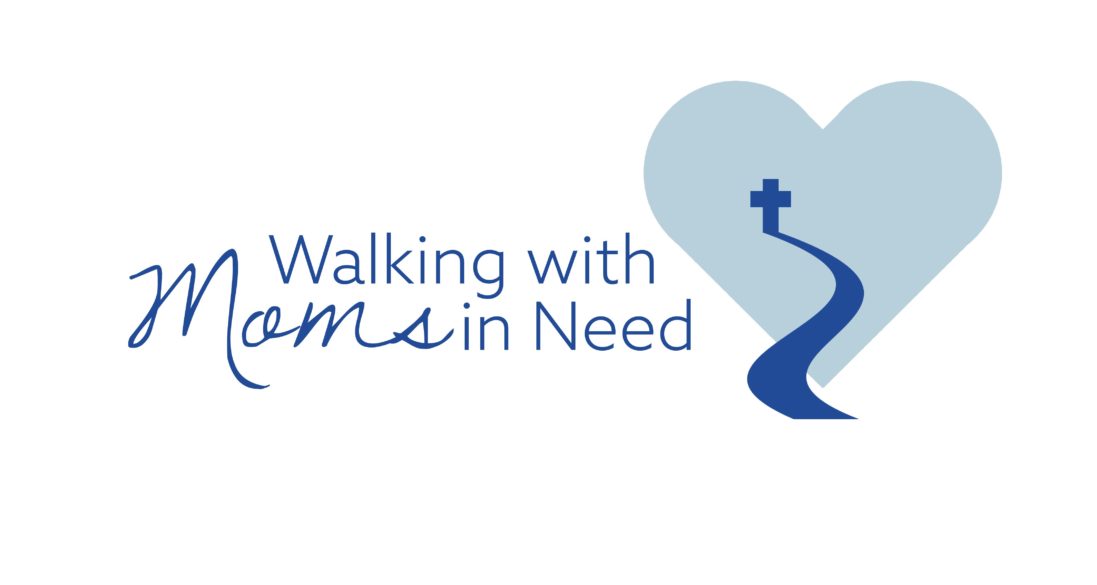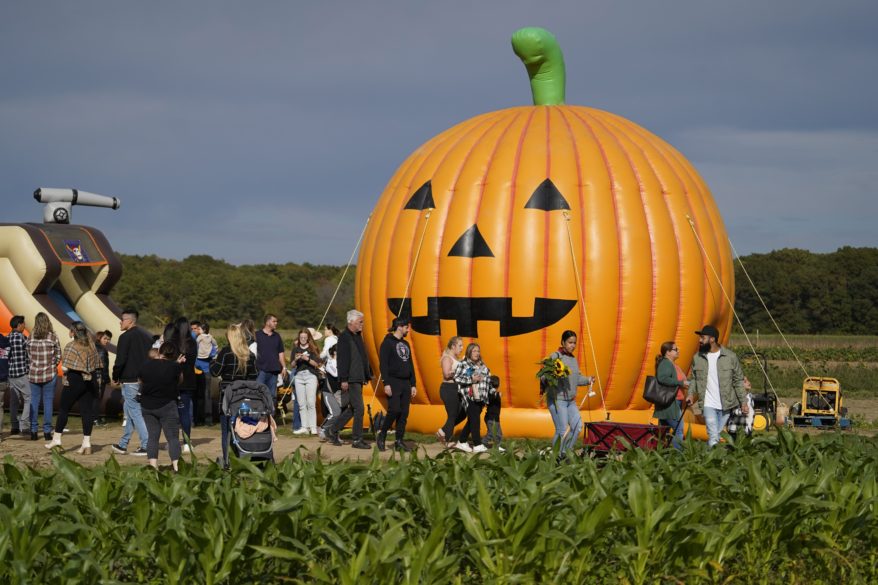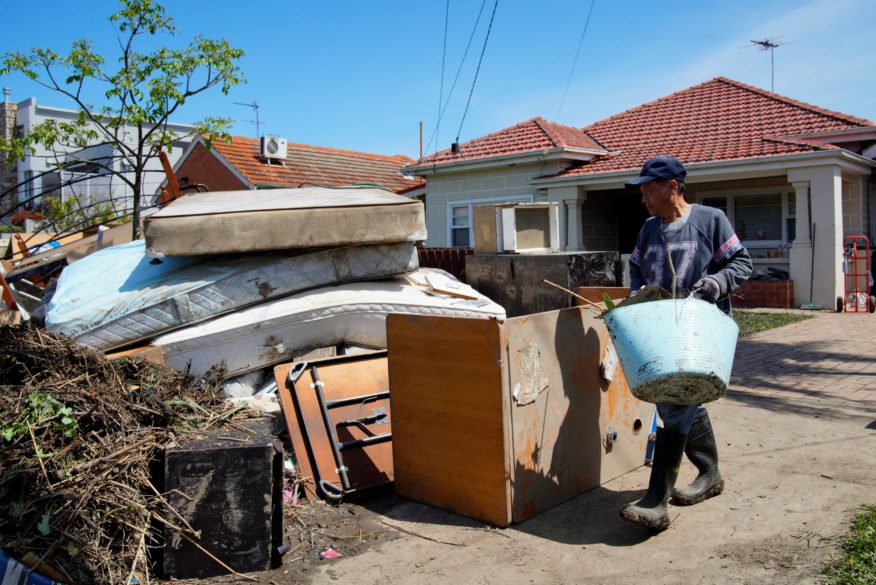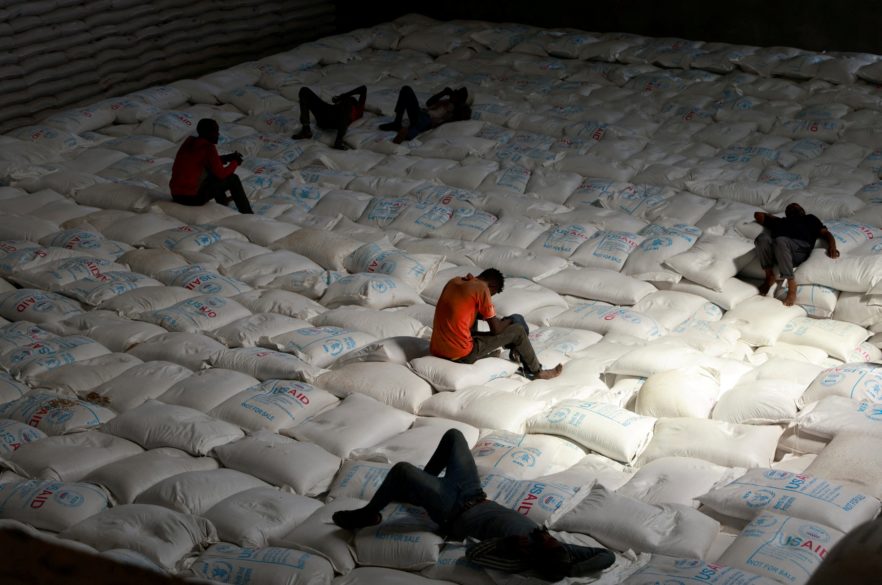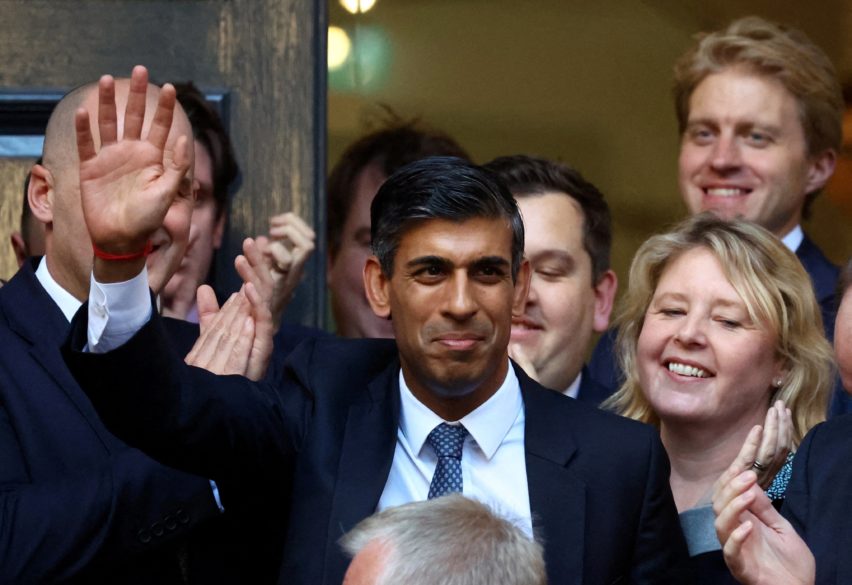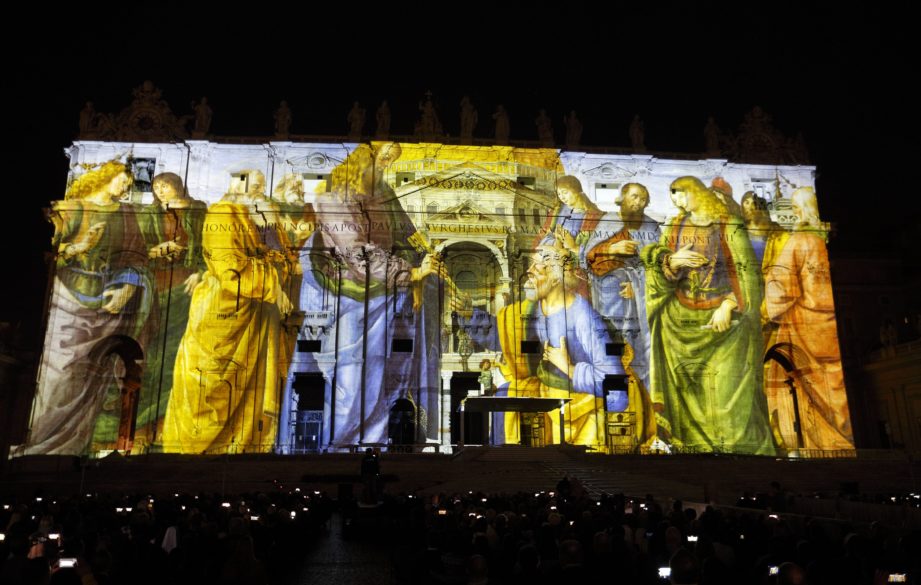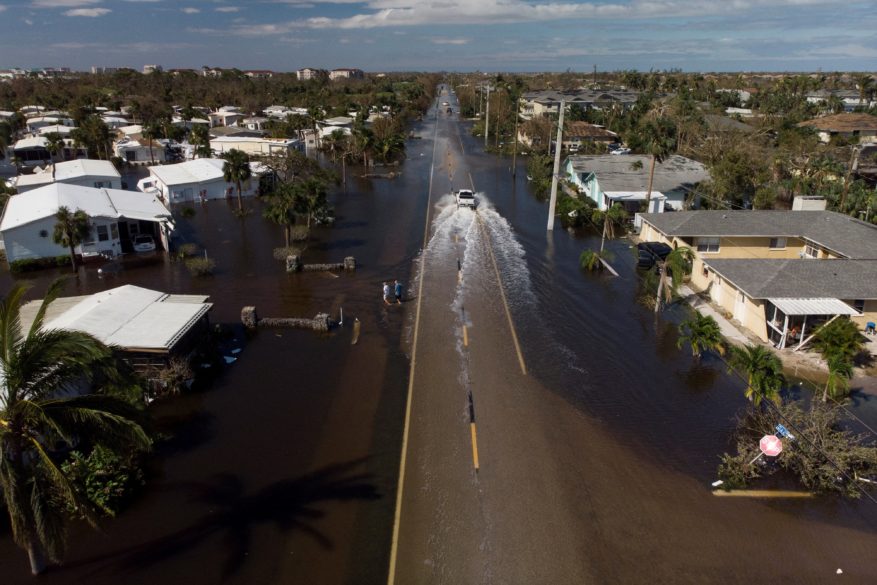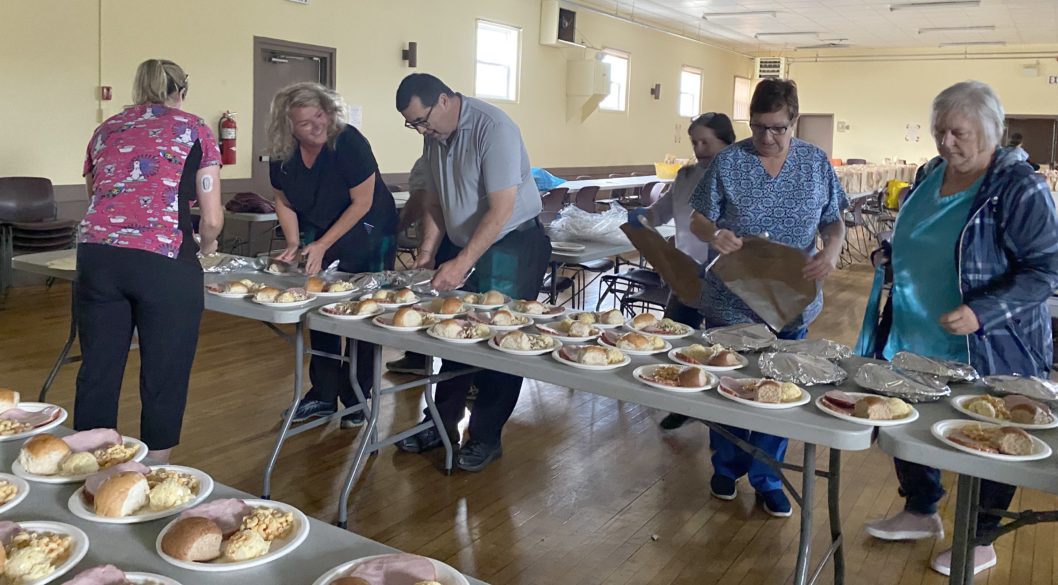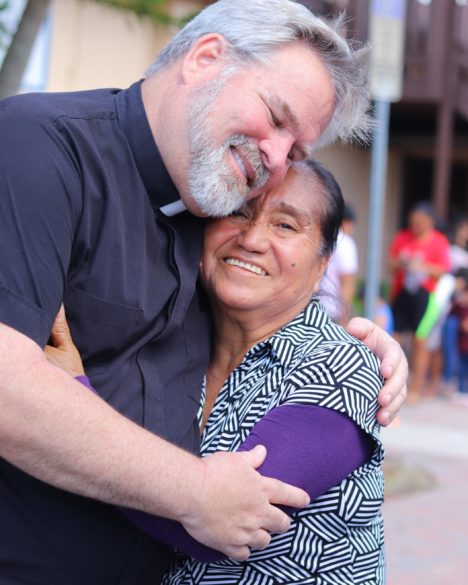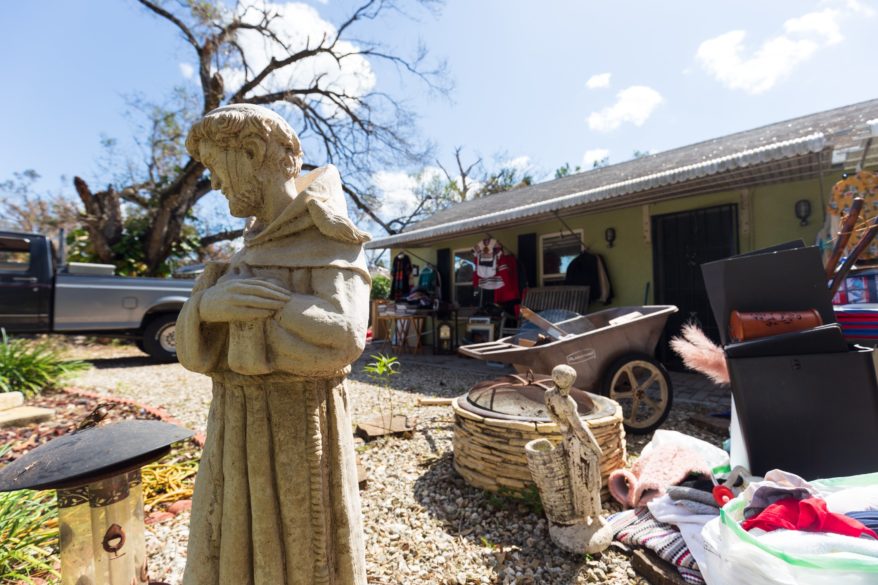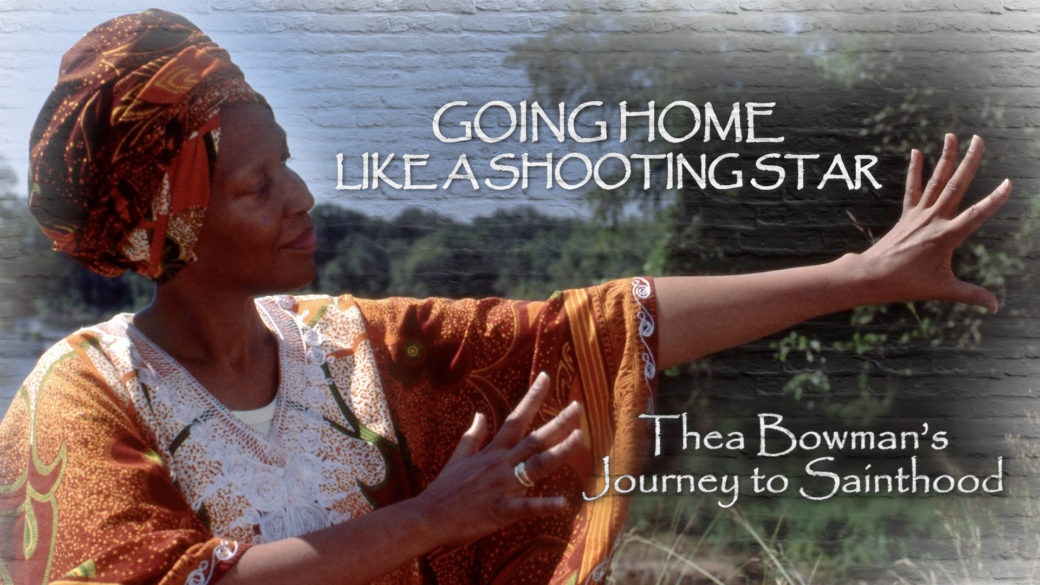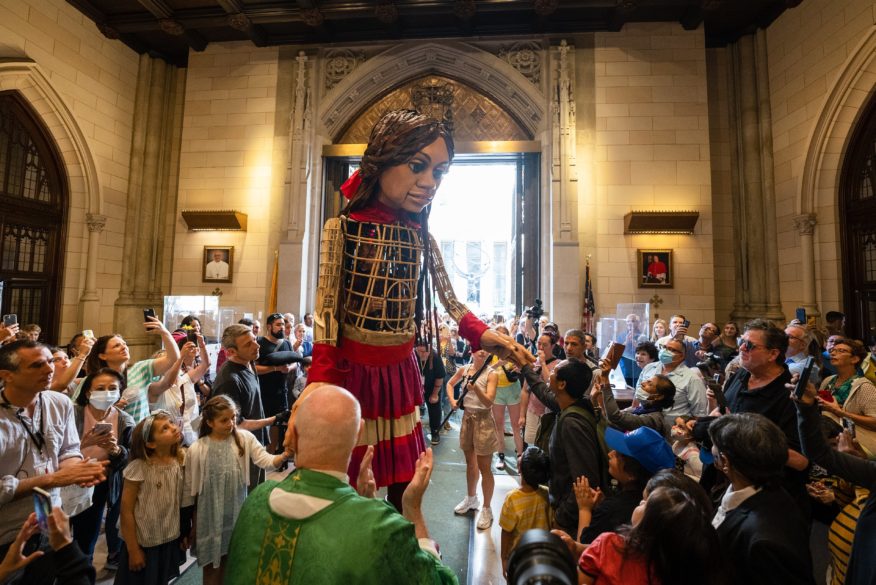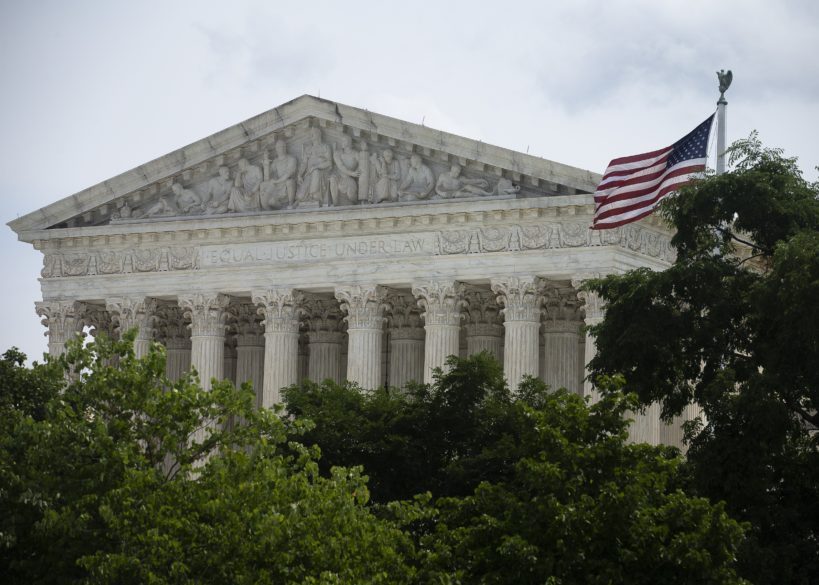NATION
WASHINGTON (CNS) – Pope Francis has appointed Father John-Nhan Tran, a priest in the Archdiocese of New Orleans and pastor of Mary Queen of Peace in Mandeville, Louisiana, as auxiliary bishop of Atlanta. Bishop-designate Tran, 56, was born in Vietnam and escaped with his family to the United States after the Vietnam War as a refugee when he was 9. He was ordained to the priesthood in 1992. His appointment was announced Oct. 25 in Washington by Archbishop Christophe Pierre, the Vatican nuncio to the United States. The bishop-designate attended Don Bosco College in Newton, New Jersey, and St. Joseph Seminary College in St. Benedict, Louisiana. He earned a master of divinity in theology from Notre Dame Seminary in New Orleans. He has served at eight parishes in the Archdiocese of New Orleans.
WASHINGTON (CNS) – Father Michael Pfleger, a popular Chicago priest and outspoken advocate against gun violence, gangs, poverty and racism, has stepped aside from his ministry after the Chicago Archdiocese said it received an allegation that the priest had sexually abused a minor more than 30 years ago. Chicago Cardinal Blase J. Cupich announced the decision in an Oct. 15 letter to Father Pfleger’s parishioners at the Faith Community of St. Sabina in Chicago. The 73-year-old priest has led the historically African American parish since 1981 and is currently its senior pastor. The priest strongly denied the accusation, which comes on the heels of a similar accusation against him in January 2021 where he also temporarily stepped aside from his ministry until an archdiocesan review found “insufficient reason” to suspect the priest was guilty of abuse allegations said to have taken place 40 years ago. Father Pfleger was reinstated at his parish in June of that year. In a current letter to parishioners, posted on the parish website, Father Pfleger said: “The process of the archdiocese today is that a priest is presumed guilty until proven innocent. Priests are vulnerable targets to anyone at any time. So once again, I have been removed from all public ministry while they investigate again.”
ALBUQUERQUE, N.M. (CNS) – The world still has not learned “the essential lesson” of the Cuban Missile Crisis that “the only way to eliminate the nuclear danger is through careful, universal, verifiable steps to eliminate nuclear weapons,” said Archbishop John C. Wester of Santa Fe, New Mexico. “It is the very nature of these weapons that the possession of any nuclear weapons is an existential danger to all,” he said. “And Pope Francis has been explicitly clear that ‘the possessing of nuclear weapons is immoral.’” He renewed his call “for dialogue on the existential issue of eliminating nuclear weapons” and said New Mexico’s congressional delegation should help lead this dialogue,” given that the federal government spends billions in the state on weapons production while New Mexico “remains mired at the bottom of numerous socioeconomic indicators.” Archbishop Wester made the comments in an Oct. 14 reflection on the 60th anniversary of the Cuban Missile Crisis, “regarded as the closest that humanity has ever come to global nuclear annihilation,” he said. A month earlier, he took his summons to begin meaningful conversations to achieve full nuclear disarmament to the annual United Nations prayer service in New York. In August, he apologized for the atomic bombings of Japan in 1945 and to Indigenous New Mexicans, uranium miners and scientists suffering from ill health related to the nuclear weapons industry in the state.
VATICAN
VATICAN CITY (CNS) – Completing a project to repatriate human remains held in the Vatican Museums’ ethnological collection, the Vatican and the government of Peru signed an agreement Oct. 17 to return to Peru three mummies sent to the Vatican in 1925. Cardinal Fernando Vérgez Alzaga, president of the Pontifical Commission for Vatican City State, and César Landa Arroyo, foreign minister of Peru, signed an agreement Oct. 17 in the Vatican Museums for the return of the mummies. The three human remains are thought to be several centuries old, but their exact age will not be known until after thorough studies are conducted in Peru. They were found at an altitude of more than 9,800 feet in the Peruvian Andes along the Ucayali River. The mummies are assumed to be Incan. The mummies were part of the Vatican Museums’ Anima Mundi ethnological collection, which features thousands of pieces of Indigenous art and artifacts from around the world. The mummies, like many of the pieces of art and cultural artifacts from the peoples of Australia and Oceania, the Americas, Africa and Asia, were sent to the Vatican for the 1925 Holy Year opened by Pope Pius XI. The celebration included a major exposition on Catholic missionary activity around the world. With a conviction that human remains are not works of art or collectibles, in 2010 the Vatican Museums began a project to return human remains in its collection to their countries of origin. The first remains, a mummy from Ecuador, were returned in 2014. Three years later, the museums returned to Ecuador a tsantsa, a specially treated head used in ceremonies.
VATICAN CITY (CNS) – Reviewing one’s life is an essential step in discerning God’s call because it helps one see places where God was at work, even in small things, and also helps one recognize “toxic” thoughts of self-doubt, Pope Francis said. A daily review of one’s actions and feelings is not mainly about acknowledging one’s sins – “we sin a lot, don’t we,” the pope said. Instead, regularly reviewing the day educates one’s perspective and helps one recognize “the small miracles that the good God works for us every day.” At his weekly general audience Oct. 19 in St. Peter’s Square, Pope Francis continued his series of audience talks explaining the key steps in spiritual discernment, focusing on how a daily practice of review and introspection trains a person how to look at the bigger picture of his or her life in order to discern God’s call. Learning to see that God was at work even in small things, “we notice other possible directions” that can be taken and that “strengthen our inner enthusiasm, peace and creativity,” the pope said. “Above all, it makes us freer from toxic stereotypes,” such as thinking, “I am worthless” or “I will never achieve anything worthwhile.”
WORLD
KOCHI, India (CNS) – Laypeople in an archdiocese of India’s Syro-Malabar Catholic Church have begun a round-the-clock vigil to stop the Vatican-appointed administrator from gaining entry into the archbishop’s house. Lay leaders in the Kochi-based Ernakulam-Angamaly Archdiocese say Archbishop Andrews Thazhath, the apostolic administrator, unilaterally revoked the dispensation that had allowed priests to celebrate Mass facing the people, reported ucanews.com. The protesting groups want to continue with the traditional Mass in which the priest faces the congregation throughout, despite a rule that took effect in 2021. Under that rule, devised as a compromise, the Syro-Malabar synod ruled that the priest “will face the congregation until the eucharistic prayer, and then again from Communion to the end of the Mass. From eucharistic prayers until Communion, the priest will face the altar.” The vigil at the Kochi residence was launched Oct. 16, and teams of laypeople from different parishes were assigned to ensure a 24-hour watch, ucanews.com reported. “We no longer want the apostolic administrator to get inside our archbishop’s house,” Riju Kanjookaran, spokesman for the Archdiocesan Movement for Transparency, told ucanews.com Oct. 17.
LVIV, UKRAINE (CNS) – After Ukrainian women were released in a prisoner swap with Russia, the head of the Ukrainian Catholic Church said their stories “simply break the heart, make the blood run cold in your veins. This war will go down in history as one in which Russia uses sexual violence as a weapon against Ukraine,” said Archbishop Sviatoslav Shevchuk of Kyiv-Halych. On Oct. 17, more than 100 Ukrainian women were released from Russian captivity. Andriy Yermak, head of the Ukrainian Presidential Office, said it was the first female-only exchange, and he called it “especially emotional and truly special. Mothers and daughters, whose relatives were waiting for them, were held captive,” Yermak said. On Oct. 18, Archbishop Shevchuk thanked God that the women were able to return to their families. “Let us wrap these women together today with our attention, love and prayer, and warm them up with our national warmth,” he said.
NAIROBI, Kenya (CNS) – Eritrean authorities are continuing to detain Catholic Bishop Fikremariam Hagos Tsalim of Segheneity, who was arrested at the Asmara International Airport Oct. 15. After the Catholic Church queried about the situation and his whereabouts, government authorities confirmed the bishop, who turns 52 Oct. 23, is in their custody. Bishop Tsalim was picked up soon after returning from a trip to Europe, but as of Oct. 18, government authorities had not given any reasons for his detention. Fides, news agency of the Pontifical Mission Societies, said Bishop Tsalim and two other priests were being held at Adi Abeto prison. “We have received this ominous news (of the arrest) with immense pain and bewilderment at what is happening in our country,” Father Mussie Zerai, a Catholic priest of Eritrean origin who works with migrants, told Catholic News Service. “Our hope (is) that all priests and the bishop currently in custody will be released as soon as possible.” On Oct. 11, security agents arrested Father Mihratab Stefanos, the priest in charge of St. Michael’s Catholic Church in the diocese. Another Catholic priest, identified as Capuchin Abbot Abraham, was detained in the western town of Teseney.

